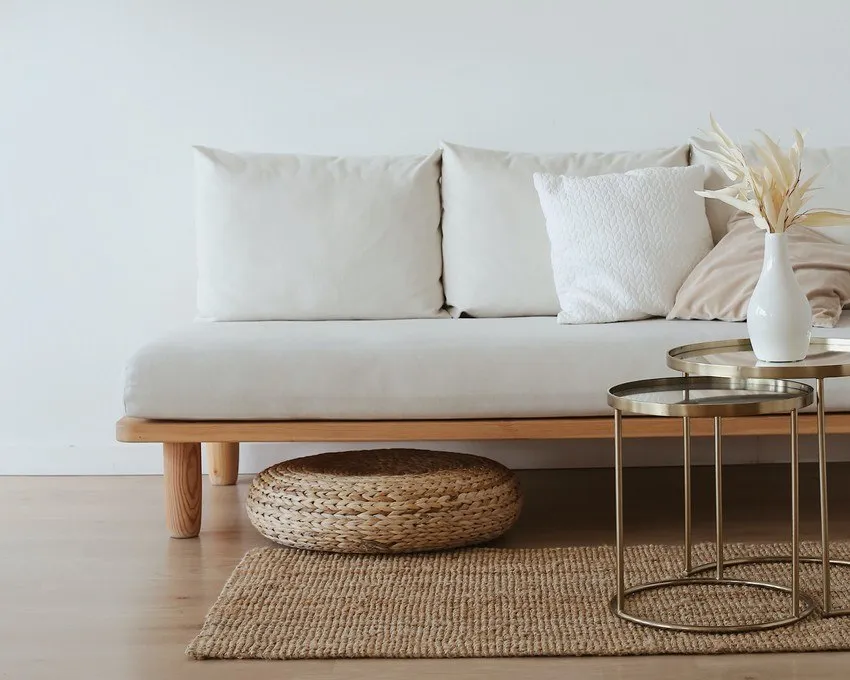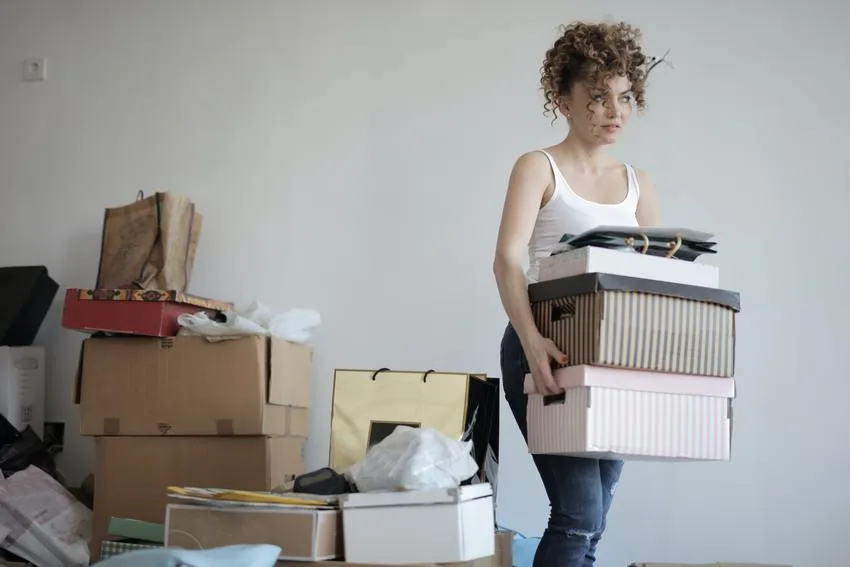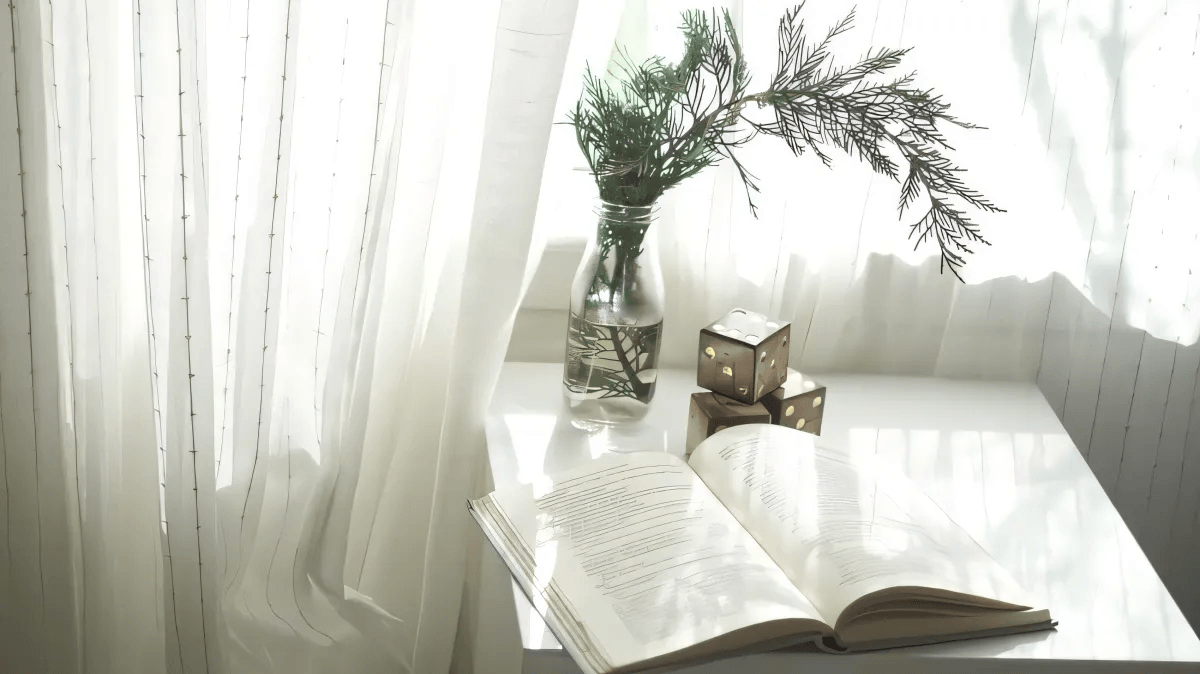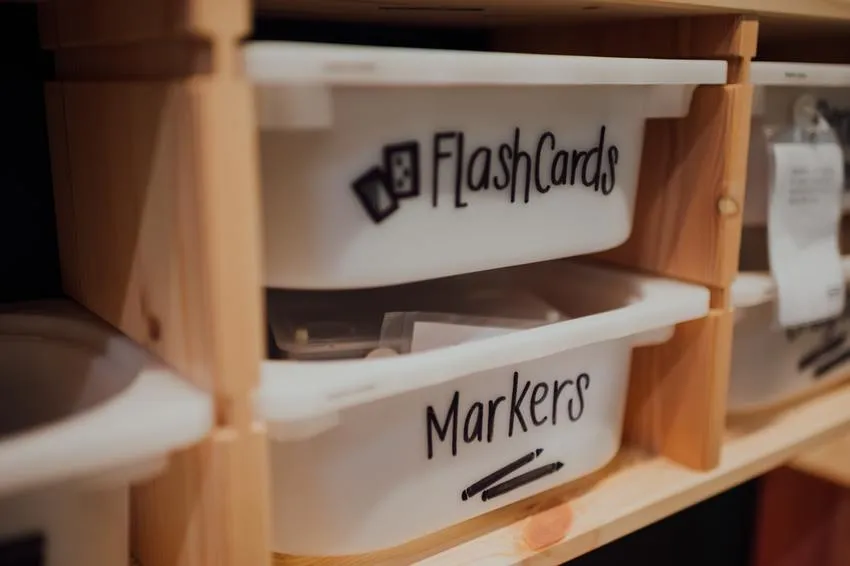Beginner's guide to adopting minimalism: Myths, Benefits and tips
Possessions have been shaping people, their identity, and their definitions of success and happiness, from years before we were even born. For many, the quench to be able to treat themselves with what they want, without having to give it a second thought becomes the touchstone to success. While to some others, the fear of insecurity in life, not having things at their reach, serves as their reason to run behind possessions. In this manner, most of us have become dependent on possessions and let this dependency to weave our personality and our lives.
Sparing oneself from this dependency and leading a life free from these desires and insecurities has become a lifestyle today, that one calls ‘minimalist lifestyle.’

DEFINING A MINIMALIST LIFESTYLE
Now lets into the actual topic, what is a minimalist lifestyle? How do we define minimalism?
The beauty of minimalism itself is that there is no clear definition of it. In reality, the definition of minimalism differs from person to person.
The basic idea of minimalism is to be able to differentiate between needs and wants, let go of one’s wants, and adapt to simple living. It is a mindset and a form of mindfulness, that requires one to become more introspective about their values and possessions, compelling clarity, intentionality and purpose in life.
MISCONCEPTIONS ABOUT MINIMALISM
- Decluttering and minimalism are the same: Decluttering and minimalism have the same concept of getting rid of anything that doesn’t serve a purpose, but they are not the same. While decluttering is a major part of minimalism, it is not the only thing done. Minimalism is stepping-off consumerism where decluttering is done regularly. It is thus a never-ending process.
- Minimalism happens overnight: One needs to understand that minimalism is a way of life, that takes time to adapt to. With a little bit of motivation, one might manage to declutter in a short period, but what about consuming less? Are you planning to buy all your necessities right after decluttering and never buy anything again? It is neither throwing out everything nor not buying new things at all. It is consuming things that are necessary for a minimalistic way.

- Minimalists must own just 15-30 things on the whole: If you can lead a life with just about 20 items, well then, more power to you! Yes, minimalism does encourage to live with less. But it doesn’t mean depriving oneself of their happiness. It means being content with what you have.
- Minimalism is a rulebook in the name of a lifestyle: There is no such thing as rules in minimalism. It is an ideology, which can be used as a guideline to switch to simple living, where letting go of the unnecessary things needs to be done regularly.
- It is all about aesthetics: While aesthetics is a form of minimalism, it is not what minimalism is all about. A minimalist doesn’t have to necessarily have a liking towards the minimalist art and design. With decluttering and consuming less, one enjoys the blank and white spaces that give peace of mind and a sense of satisfaction, he/she doesn’t have to like the plain lines presented as art. As the definition of minimalism varies, so does their style and interests.

- Every member of the family must follow minimalism for it to show its benefits: Minimalism is a way of life, that is purely left to each individual to choose to, adapt to, or not. Its benefits are felt at a personal level as it is letting go of the emotional clutter as well. One can set an example to their friends and family by being a minimalist and thereby encourage them to redesign themselves to it.
BENEFITS OF MINIMALISM
- Minimalism reduces the amount of time and money spent on possessions: When one owns less, he/she doesn’t just save the money spent for it, but also saves the time he would have spent on it. In this way, it gives the person more time to work on his hobbies, passion, and himself.
- Freedom: As one adapts to the art of letting go, he/she invites to the doors of his mind a sense of freedom from consumerism, worry and guilt.

- Personal growth: People who accumulate possessions just to have a feeling of security and balance in life, will understand that life’s beauty lies in its uncertainty when they decide to consume only what is necessary at that point in life. Whilst some others step off the ladders of materialism and disconnect from possessions.
- It is a reliable and consistent lifestyle: A minimalist lifestyle pushes us towards honesty. It encourages a united and consistent way of life.
- Quality over quantity: Living with just what one needs, with the freedom to disengage from the wants, one doesn’t have to compromise on the quality of their needs.
HOW TO BECOME A MINIMALIST?

Think about it. Don’t you go to the store to buy necessities that amount to about a few hundred bucks but end up billing for a thousand? Isn’t telling a no to your family difficult when they ask you for something that they want but isn’t a need? Don’t you buy things just because you found it cute at the store, but return home to find that it doesn’t fit in anywhere and keep it in your junk-drawer?
At the same time, do you aspire to be a minimalist? Now, for that, you must be willing to let go of such habits. Here’s a list of things you need to remember as a beginner:
- To undergo the transition, one must be prepared to be uncomfortable in the beginning.
- Make sure you research well about it and discuss it with people before deciding to step into it.
- Give yourself a strong reason to do it.
- Once you have decided to adopt minimalism, decide in which aspect you want to be minimal. Remember that it is not an all or nothing approach. Remember, minimalism is just a philosophy, the idea is yours.
- While decluttering, have a fresh eye to the items to be able to let go of them. Do not do it just for the sake of it.
- Decluttering certain items to which you have a sentimental attachment is not necessary. Ask yourself if the item serves you a purpose or sparks the same joy as it once did.
- Don’t be hard on yourself. Take your time. Work on one aspect after another if you want to be minimal in several aspects. There is no deadline for it.
Minimalism is a matter of the heart. With the learning that ‘less is more’, it is just a way of finding content in what one has by appreciating it and expressing gratitude. As Tom Robbins once said,
“Any half-awake materialist well knows – that which you hold, holds you.”
Learn the art of letting go of what demands your peace of mind, and hold on to what makes you bloom with happiness. Simplify life and embrace its beauty.
Opinions and Perspectives
The freedom from consumerism is so liberating. I barely browse shops anymore.
The point about it being a mindset rather than just decluttering is crucial.
My creativity actually improved after embracing minimalism. Less clutter, more inspiration!
The article helped me realize I don't need to fit someone else's version of minimalism.
The article could have explored the connection between minimalism and financial freedom more.
Yes! My productivity has definitely increased since clearing physical and mental clutter.
The article's emphasis on personal choice rather than strict rules is refreshing.
The focus on intentionality really helps me make better purchasing decisions now.
I'm still working on the balance between minimalism and having enough tools for my hobbies.
The part about taking time really helped me feel less pressured about the process.
Has anyone combined minimalism with zero waste? I'm trying to merge both lifestyles.
I find it interesting how minimalism means such different things to different people.
My minimalist journey started with my workspace and naturally spread to my whole life.
I appreciate how it addresses the misconception about the whole family needing to participate.
The article could have mentioned minimalism's impact on productivity. It's been huge for me.
The point about it being reliable and consistent resonates with me. My life feels more structured now.
The article really helped me understand that minimalism isn't about deprivation.
The quality over quantity point is crucial. I've saved money in the long run buying better items.
I'd love to know more about how minimalism affects relationships with non-minimalist partners.
That's what works for you though! The article emphasizes it's different for everyone.
Not sure I agree about keeping sentimental items. I took photos of mine and let them go.
The article could have mentioned how minimalism affects mental health. It's been amazing for my peace of mind.
I find it easier to maintain minimalism in warm weather. Anyone else struggle during winter?
The part about it being a never-ending process is spot on. I'm still learning after 2 years.
Being honest with family about my minimalist journey has helped. They now give me experiences instead of things.
I'm curious about how others handle gifts from family members while trying to maintain minimalism?
The article makes a good point about not having to deprive yourself. That's what scared me initially.
Yes! I spend way less on random stuff now. My bank account is definitely happier.
I actually found the aesthetic part helpful in my journey. Clean spaces help me think better.
The idea that minimalism happens gradually is so important. I burnt out trying to do it all at once.
Start with one drawer. That's what worked for me. Just one small space at a time.
I wish the article had included more practical tips for beginners. It's overwhelming to start.
The freedom aspect really speaks to me. I never realized how much my possessions were weighing me down.
Wonder if anyone else noticed how the article doesn't really address digital minimalism? That's becoming huge now.
I found the section about personal growth particularly insightful. It's not just about physical decluttering.
My biggest takeaway is that minimalism is about mindset, not just getting rid of stuff.
I appreciate how the article addresses the misconception about owning a specific number of items.
The article could have gone deeper into the environmental benefits of minimalism. That's a huge factor for me.
I started practicing minimalism during the pandemic and it helped with my anxiety so much.
You don't need to convince your whole family. I'm the only minimalist in mine and it works fine for me.
The part about it taking time really hit home. I tried to do it all at once and got overwhelmed.
I find it interesting that the article mentions minimalism isn't about aesthetics. That's what initially drew me to it though!
Has anyone successfully implemented minimalism with kids? That's my biggest challenge right now.
The point about quality over quantity is so true. I spend more on fewer items now, but they last longer and bring me more joy.
My journey started with just my closet, and now it's spread to every aspect of my life. It's amazing how freeing it feels.
I actually disagree with the article's take on decluttering. In my experience, it's been the foundation of minimalism.
The quote at the end really struck me. What you hold really does hold you back sometimes.
Love how the article emphasizes that it's not about owning exactly 30 items. I was worried about that!
What I find most challenging is convincing my family that I'm not going crazy when I talk about minimalism. Anyone else face this?
I struggle with the idea that I need to get rid of sentimental items. Good to know that's actually a myth!
The part about minimalism being different for everyone really resonates with me. I started my journey last year and it's been so personal.
I've been considering minimalism for a while now. This article really helped clear up some misconceptions I had about it being an all-or-nothing lifestyle.
